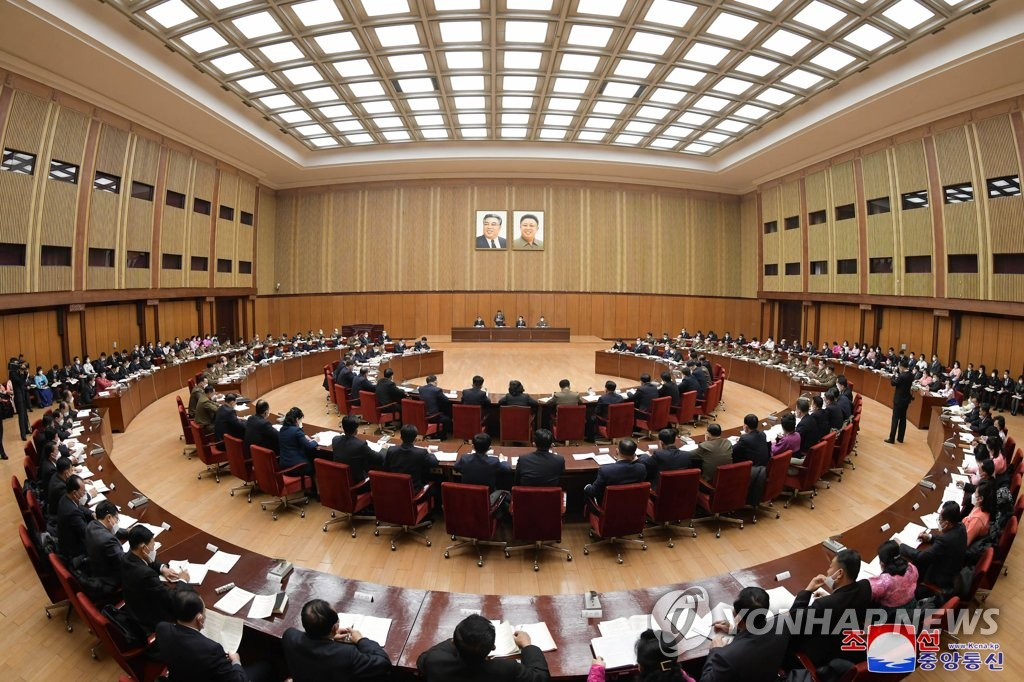N. Korea to impose harsher penalties on use of S. Korean slang
By Choi Jae-heePublished : Jan. 19, 2023 - 17:23

North Korea is clamping down on the use of South Korean slang and expressions, which experts in Seoul see as a response to the growing influence of South Korean dramas and films in the reclusive state.
According to the North’s official Korean Central News Agency, the communist regime has adopted new legislation that seeks to impose stronger punishment on its residents who taint the “Pyongyang standard language” with foreign influences. It was among the issues and agenda items discussed during a two-day parliamentary session held in Pyongyang on Tuesday, the state-run media outlet reported.
Details on punishments for violators were not revealed by the state media.
Under a law dubbed “Elimination of Reactionary Thought and Culture” which was promulgated in 2020, watching, keeping or distributing media from capitalist countries -- particularly from South Korea and the US -- can be punishable by death.
The North’s recent move to stamp out South Korean slang reinforces a view shared by experts here that South Korean media and pop culture have permeated into North Korea’s younger generation.
In 2021, the regime reportedly clamped down on some young women calling their husband “oppa,” a term of endearment in the South for a man who is somewhat older, and couples using “jagiya,” equivalent to “honey” or darling” in English, according to the South Korean National Intelligence Service.
The two Koreas speak the same language, but through seven decades of separation the differences in accents, intonations and expressions have grown bigger, particularly with the North purging words of English origin.

















![[KH Explains] Hyundai's full hybrid edge to pay off amid slow transition to pure EVs](http://res.heraldm.com/phpwas/restmb_idxmake.php?idx=652&simg=/content/image/2024/04/18/20240418050645_0.jpg&u=20240418181020)

![[Today’s K-pop] Zico drops snippet of collaboration with Jennie](http://res.heraldm.com/phpwas/restmb_idxmake.php?idx=642&simg=/content/image/2024/04/18/20240418050702_0.jpg&u=)